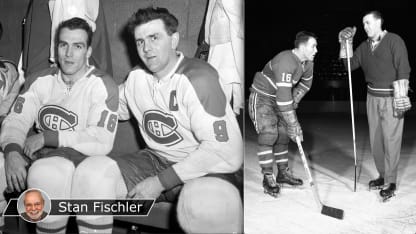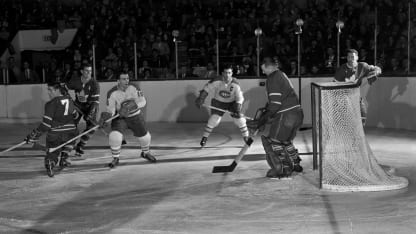"Toe had one quality that marked him from Dick. It was Irvin's policy to publicly roast a player for his mistakes. Blake would never give anybody hell in front of the other players. When Toe had something to say he would take the guy to a private room, or his compartment on the train, or into his office and discuss it. But, make no mistake, Blake was tough. You never heard a good word from him on the bench. If you made a good play, he wouldn't walk over and pat you on the back. But we knew he was behind us and as long as we played for him, Toe was liked by the players."



